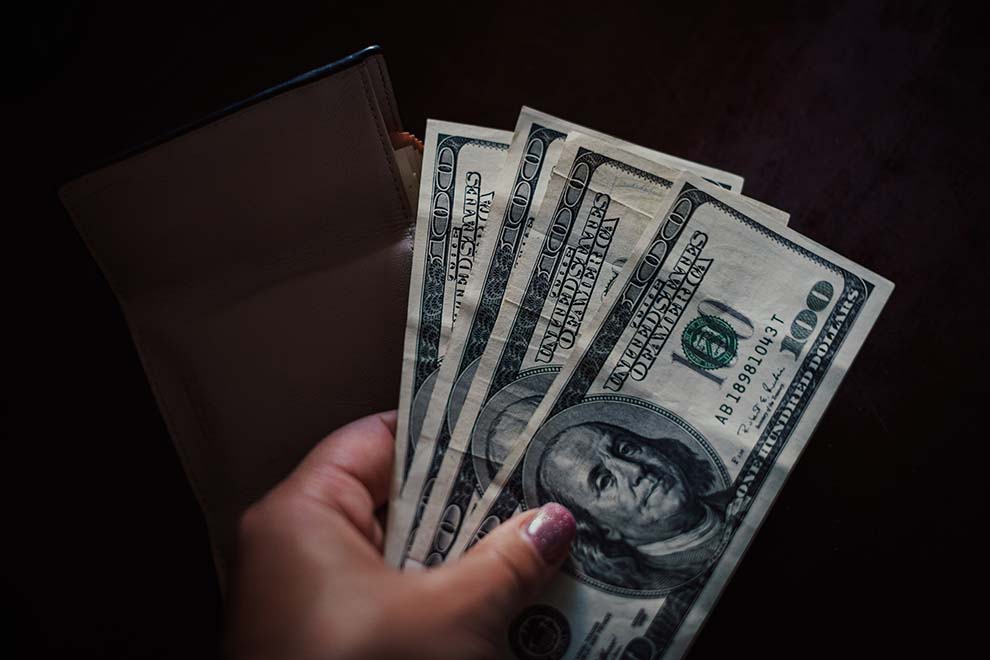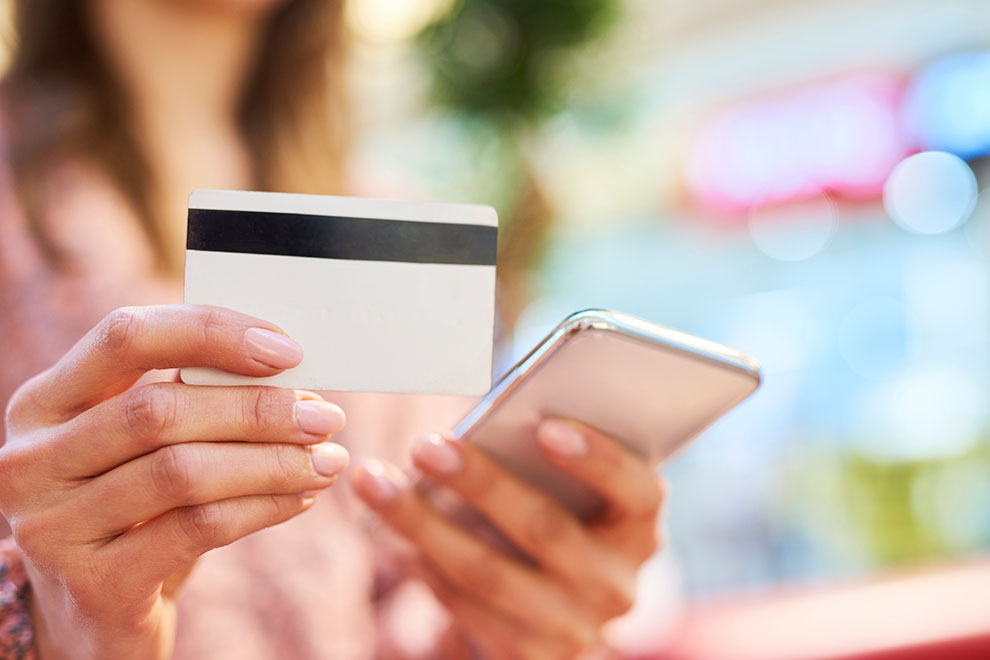Loading quiz...
One of the first steps in traveling abroad is to create a financial plan. This process is essential to ensure a smooth trip, avoiding unpleasant surprises such as unexpected expenses or lack of money during the trip.
Today, we have several practical options for organizing our budget, such as international credit cards and prepaid cards. However, in order to enjoy your trip without any setbacks, it's essential to plan everything carefully, taking into account the length of your stay, your expected expenses and the importance of keeping a reserve for emergencies. Want to know how to organize your financial planning for international trips? Check out the tips from Happy Tours USA.
The most common ways to take money on an international trip
Until a few years ago, the only way to take money on international trips was cash. Today, however, the possibilities are diverse, easier to organize and even safer. Before choosing which way to take the money and how much, it's important to understand your main expenses and, above all, the pros and cons. Here are a few ways:
1. Cash
One of the ways to take money for international trips is cash. You can plan your finances in advance and buy foreign currency little by little, taking advantage of the best exchange rates. That way, you'll have a good amount set aside by the time you arrive.
Although it's one of the simplest ways, it's not the most common nowadays. The main advantages of carrying cash are the ease with which you can use it to pay for tips, public transport and even small purchases. In addition, it doesn't depend on technology or signal to be used, and is a great option for trips to smaller or remote locations.
However, cash also has some cons, such as the increased risk of loss or theft. In these cases, avoid carrying cash with you at all times, or separate it into small amounts to use each day and keep the rest in the hotel safe.

Make your trip easier: choose the perfect car and book online now, quickly and securely.
Rent a car now →
In addition to financial planning, there are other things you should take care of before you set off. So check out our international travel checklist so you don't forget anything!
2. Credit and debit cards
Cards are currently the most widely used for international travel, mainly because they are accepted in the vast majority of places and establishments, as well as real-time currency conversion. Another plus point is that many card brands offer advantages such as travel protection and insurance. With credit cards it is also possible to withdraw cash from ATMs, but withdrawal fees may apply.
Regardless of whether you're going to use a credit card, debit card or both, it' s important to contact your bank and inform them about your trip. That way, you can avoid the bank blocking your cards.
3. Prepaid cards
Prepaid cards are great for those who want to have greater control over their spending and save money on international trips, as you can load a specific amount and use it as a debit. They can be used both as a main way of carrying cash and as a safety card to be used in emergencies.
This type of card is like "cash", only on a card, making it a safer option. However, it's important to know that there may be some fees for both loading and using it and it's worth checking the options with your bank beforehand.

Why is the choice of payment method important?
Lack of good financial planning can turn your trip into a major headache and make you enjoy less positive experiences than you would have liked. This planning helps prevent spending from getting out of hand.
Exchange costs are another factor that will have a direct impact on your travel budget, as conversion rates vary widely. On average, bureaux de change can charge fees of between 5 and 10% on top of the actual exchange rate. There are also additional fees from banks, such as ATM withdrawals.
Tips for managing your money while traveling
Once you've done your financial planning, chosen the ways you're going to take the money and your budget, there are some practical tips to keep your finances under control during your trip, such as:
- Create a daily budget based on the expenses for each day of your trip;
- Use finance apps to keep track of your spending in real time;
- Store cards and cash separately to reduce the risk of loss or theft;
- Never carry large sums of money while out and about and keep the rest in the hotel safe;
- Diversify your payment methods to make sure you never run out;
- Avoid exchanging money at airports;
- If you need to use an ATM, give preference to those inside banks or trusted establishments.
These tips can help you keep your finances under control during your trip and avoid unnecessary expenses right at the start of your adventure. It's important to keep control to avoid overspending not only during the trip, but especially debts afterwards.
In addition to taking care of your money abroad, other tips and precautions can help a lot if you're traveling alone. Check out the post below for 13 must-know tips!
How to avoid problems with money abroad
Even in safe countries, we are subject to malicious people. That's why you should always keep an eye on your belongings, cards and money to avoid further problems. One way to increase the security of your cards is to opt for those that offer fraud protection and even transaction alert and theft coverage.
If you are robbed, you must contact your card issuer immediately to request that your card be blocked and to find out the next steps and existing coverage.
Understanding that no one is exempt from this type of situation, it's important to have an emergency fund on a separate card and keep it safe in the hotel safe. That way, you won't be unprotected while you sort out the problem of a stolen card, for example.

What is the ideal amount to take on international trips?
When we talk about starting financial planning, we soon come up against a very common question: how much do I need to take? This is a difficult question and one that doesn't have an exact answer because it depends on several factors. That's why it's important to take a few points into consideration:
- What is your destination?
- How long is the trip?
- What activities are planned?
With your travel itinerary in hand, research the average cost of essentials such as food, transportation, accommodation fees, airport taxes and activities. Once you've arrived at an average budget, add a little extra to cover purchases or unexpected expenses.
Is it safe to use ATMs abroad?
Whether you need to pay for a cab, do some shopping or go on a specific tour, you may need to withdraw cash from ATMs. Although there are doubts and misgivings on the part of some travelers, using ATMs abroad is a safe option.
However, just like in Brazil, some precautions help to avoid problems, such as choosing ATMs in banks, busy areas or trusted stores, avoiding withdrawing large amounts at once and covering the keyboard with one hand when entering the password.
How to avoid high exchange rates?
Exchange rates can frighten you and jeopardize your travel budget. That's why it's important to plan your finances in advance. To avoid high rates, you can research the current rates and try to negotiate with exchange offices before you go , or opt for prepaid cards.
In addition to these tips, you can also save money on your trip by booking accommodation, tickets, tours and car rental in advance. This way, you can travel with everything ready to go, guaranteeing an extra breath of fresh air during your trip.
For this, you can count on Happy Tours cars, which offer comfort, quality and safety for your trips abroad. Visit our website and check the prices for your destination now!
